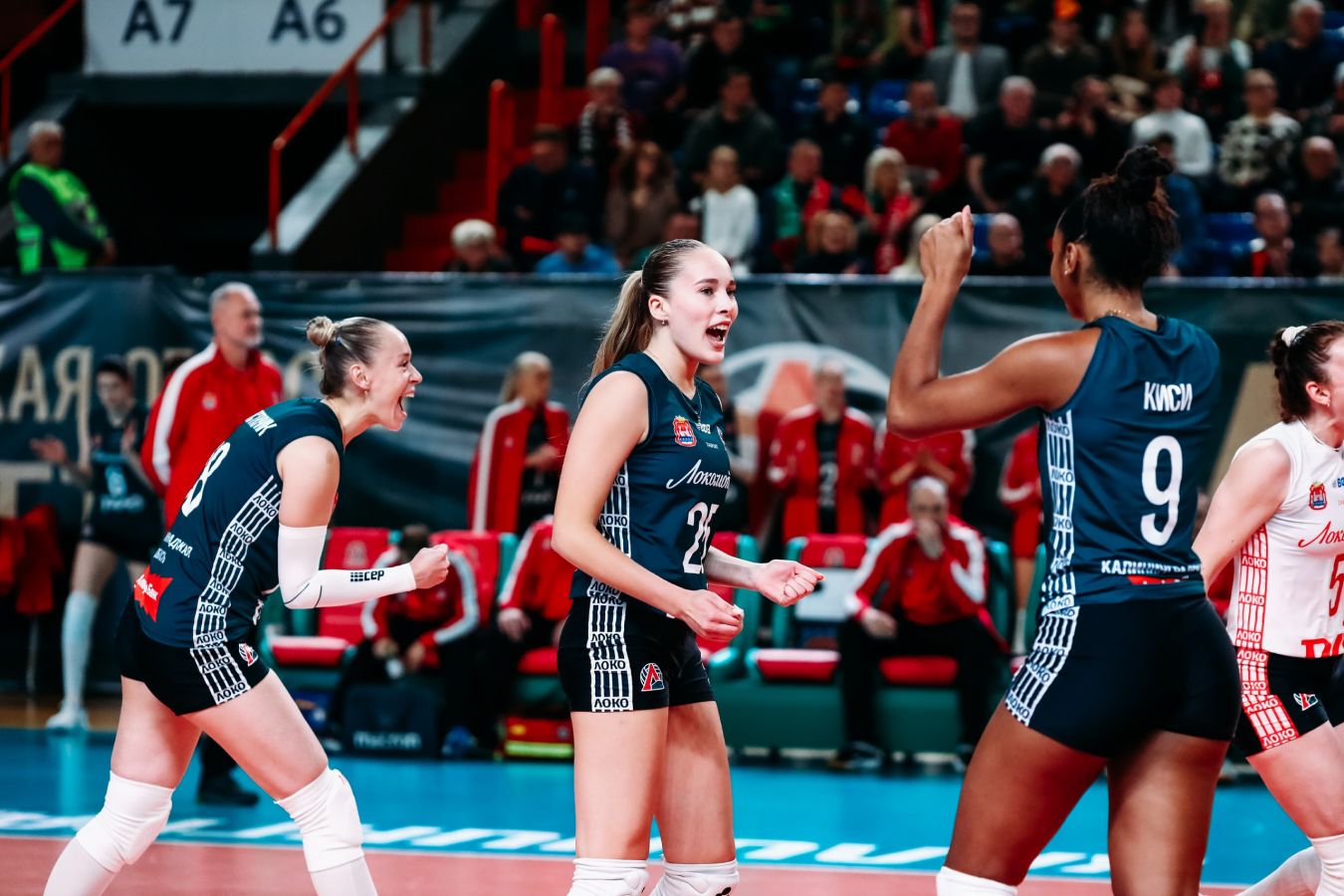The Allianz Stadium in Twickenham will be restricted to hosting a maximum of three concerts annually following the rejection of its proposal to accommodate additional large events.
The Rugby Football Union (RFU), which manages the venue, sought to eliminate these limitations in its licensing request, but the Richmond Council partially approved the application, permitting extended hours for smaller gatherings.
Local residents voiced their concerns during the council meeting, claiming that events at the stadium frequently trapped them in their homes for extended periods. They reported issues such as public urination in gardens, noise disturbances, fighting, and vomiting on the streets.
In response, the RFU expressed its dedication to being considerate neighbors.
The venue has faced restrictions since a 2018 Eminem concert triggered crowd control issues, with attendees experiencing lengthy waits to retrieve their belongings.
Ewan McGregor, a solicitor representing the RFU, highlighted that while that particular event posed unique difficulties, the concert landscape has evolved since then.
He stated, “There’s a growing demand for concerts held in stadiums, and the current licensing restrictions are misaligned with current market trends, leading promoters and artists to overlook Twickenham.”
In a separate planning request to the council, the RFU indicated its desire to host 15 significant non-sporting events annually at the stadium, along with a request to raise the venue’s capacity from 55,000 to 75,000 attendees, as reported by the Local Democracy Reporting Service.
Although the type and scale of events are determined through planning decisions, the RFU submitted a new licensing application seeking to eliminate the concert limit.
Resident Eamon Delaney stated at the licensing meeting, “We frequently endure the embarrassment of intoxicated individuals urinating on our property, as well as shouting, swearing, and occasionally fighting in full view of our children.”
He added, “When issues arise, the RFU’s response is insufficient. They are currently being poor neighbors.”
The council’s licensing committee opted not to lift the cap on major events at the stadium “for the foreseeable future.”
A report on the committee’s ruling urged the RFU to “engage more effectively with local residents” and explore strategies for managing large events.
The new license permits indoor events to conclude at 01:00 instead of 23:00, with provisions for 36 events extending to 01:30—primarily for graduation ceremonies, weddings, and conferences.
Additionally, the changes allow for smaller outdoor events, such as summer fairs and ice rinks, with restrictions on alcohol sales and entertainment set to end by 22:00 on Sundays to Thursdays and by 23:00 on Fridays and Saturdays.
In reaction to the council’s decision, an RFU spokesperson remarked, “While receiving this license is a positive advancement towards a more modern operational framework for the stadium, the approval was only partial, and we are currently assessing the outcome thoroughly.
“As ever, we remain dedicated to being good neighbors by continuing to invest significantly in minimizing the effects of major events and actively supporting the local community we are proud to belong to.”

